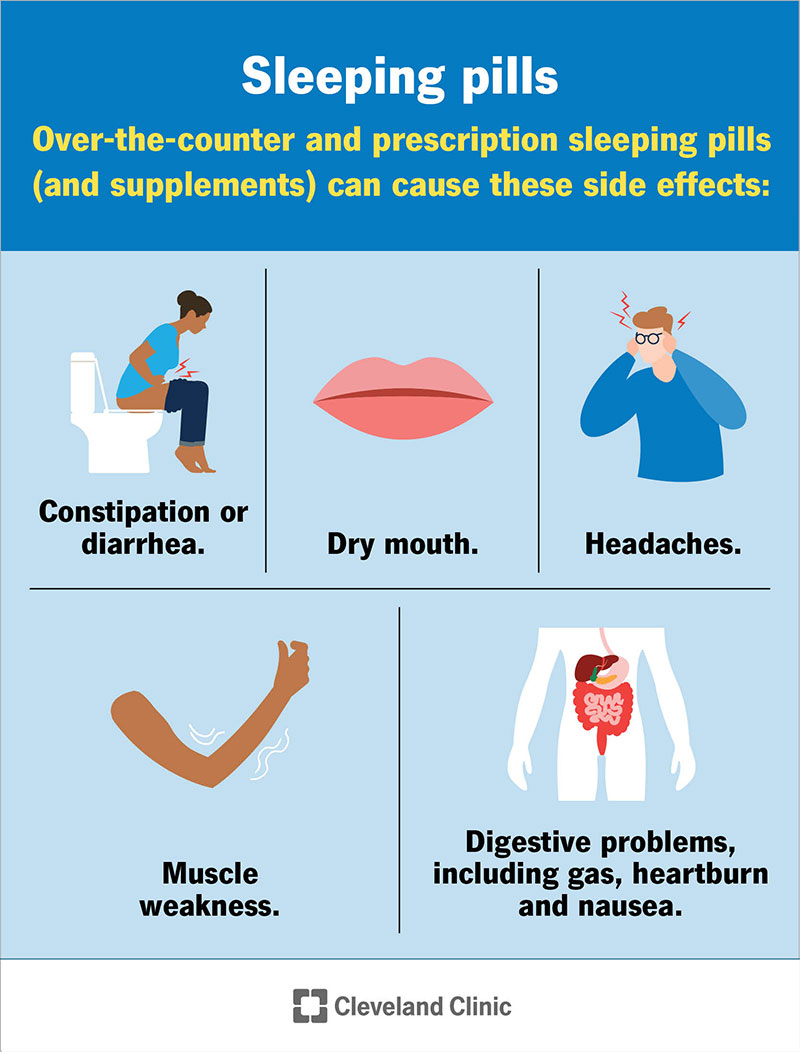Understanding Insomnia and Sleep Medications: A Complete Guide

What Is Insomnia?
A sleeping disorder may be a common rest clutter characterized by:
Trouble falling asleep
Inconvenience remaining snoozing
Waking up as well early
Destitute rest quality influencing daytime work
Sorts:
Intense a sleeping disorder (short-term, enduring days/weeks)
Persistent sleep deprivation (long-term, ≥3 nights/week for 3+ months)
Indications of A sleeping disorder
Weariness, peevishness, destitute concentration
Daytime languor
Temperament unsettling influences (uneasiness, sadness)
Expanded errors/accidents
Causes of A sleeping disorder
Mental:
Stretch, uneasiness, discouragement
Way of life:
Caffeine, unpredictable rest plan, screen time
Restorative:
Persistent torment, asthma, GERD, hormonal changes
Natural:
Commotion, light, awkward bedding
Rest Drugs:
Sorts and How They Work
1. Medicine Rest Helps
Benzodiazepines (Temazepam, Triazolam)
Narcotic impact; hazard of reliance (short-term utilize as it were).
Non-Benzodiazepine “Z-Drugs” (Zolpidem/Ambien, Eszopiclone/Lunesta)
Less side impacts than benzos but still habit-forming.
Melatonin Receptor Agonists (Ramelteon/Rozerem)
Mirrors normal melatonin; great for sleep-onset insomnia.
Orexin Enemies (Suvorexant/Belsomra)
Pieces attentiveness signals; more up to date with less grogginess.
2. Over-the-Counter (OTC) Alternatives
Antihistamines (Diphenhydramine, Doxylamine)
Found in Benadryl, Unisom; can cause next-day laziness.
Melatonin Supplements
Makes a difference direct sleep-wake cycles; best for fly lag/mild sleep deprivation.
3. Off-Label Medicines
Antidepressants (Trazodone, Mirtazapine)
Steadying impacts; utilized for a sleeping disorder with comorbid discouragement.
Dangers and Side Impacts of Rest Drugs
Dependence/tolerance (particularly benzos and Z-drugs)
Discombobulation, grogginess, memory issues
Complex rest behaviors (e.g., sleepwalking with Ambien)
Continuously counsel a specialist some time recently beginning or halting rest meds.
Characteristic and Behavioral Medicines
Cognitive Behavioral Treatment for Sleep deprivation (CBT-I)
Gold-standard treatment tending to thoughts/behaviors disturbing rest.
Rest Cleanliness Tips:
Keep a steady rest plan.
Maintain a strategic distance from screens 1 hour some time recently bed.
Constrain caffeine/alcohol.
Unwinding Methods:
Contemplation, profound breathing, dynamic muscle unwinding.
When to See a Doctor
In case a sleeping disorder keeps going >1 month in spite of way of life changes.
On the off chance that rest issues influence work, disposition, or security.
Some time recently utilizing rest drugs long-term.
Last Considerations
Whereas solutions can give short-term help, CBT-I and way of life changes offer feasible arrangements. Address fundamental causes (push, wellbeing issues) for enduring change.
Require personalized counsel? Inquire within the comments!
